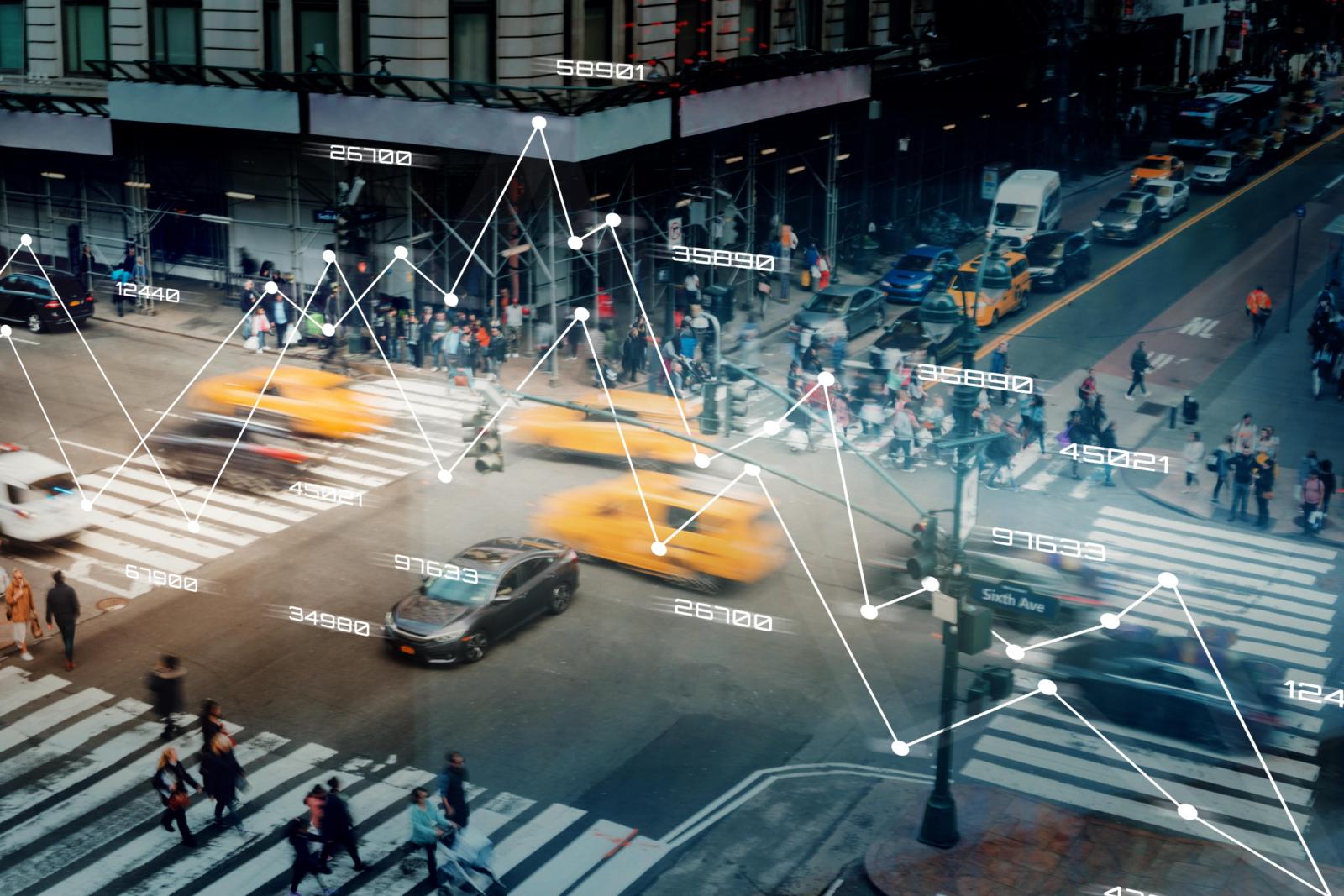Notifications

8 minutes, 35 seconds
-29 Views 0 Comments 0 Likes 0 Reviews

In today’s fast-paced urban environments, cities and businesses are constantly searching for ways to evolve and expand sustainably. Transportation, being the backbone of economic and social activity, plays a pivotal role in this growth. But traditional systems often fail to keep pace with rising demands and environmental concerns. Enter smart mobility consultants — the experts who bridge the gap between modern challenges and innovative transportation solutions. Their role is essential not just for operational improvements but also for driving sustainable, inclusive, and long-term growth.
In this blog, we’ll explore the multifaceted role smart mobility consultants play in fostering growth and why their expertise is becoming increasingly indispensable.
Smart mobility consulting focuses on reimagining how people and goods move through cities and regions. Consultants work with governments, transportation authorities, developers, and private companies to design and implement modern, technology-driven solutions that optimize movement while addressing environmental and societal needs.
Key elements of smart mobility include:
Integration of different transport modes (e.g., cars, buses, bikes, e-scooters)
Use of data analytics and AI for traffic management
Promotion of sustainable modes like electric vehicles and public transport
Development of infrastructure for autonomous and connected vehicles
Smart mobility consultants provide the expertise to turn these ideas into actionable, scalable strategies — and in doing so, they drive growth in a variety of ways.
Efficient transport is a catalyst for economic activity. By reducing travel times, minimizing congestion, and improving connectivity, smart mobility projects enable businesses to operate more effectively. Goods can be transported faster, employees can commute more easily, and cities become more attractive places for investment.
Consultants identify bottlenecks in existing transport systems and design solutions that enhance flow. For example, a city that implements dynamic traffic signal systems based on real-time traffic data — often suggested by consultants — can dramatically reduce delays and improve productivity city-wide.
In turn, these improvements contribute to:
Higher business productivity
Increased property values
Expansion of commercial hubs
Job creation through new mobility industries (e.g., EV services, app-based transport)
With climate change becoming a pressing global issue, sustainable growth is no longer optional — it's essential. Smart mobility consultants play a crucial role in helping cities and businesses transition to greener transport systems.
They guide the shift toward:
Electric vehicle adoption
Expansion of bike lanes and pedestrian zones
Implementation of low-emission or zero-emission zones
Introduction of clean public transit options (like electric buses)
By promoting sustainable mobility, consultants help cities meet carbon reduction targets, improve air quality, and create healthier environments. Long-term, these changes make cities more livable, attract environmentally conscious residents and businesses, and ensure compliance with environmental regulations.
Smart mobility isn't just about vehicles — it's about how infrastructure supports efficient movement. Mobility consultants assess existing infrastructure and recommend upgrades or new designs that maximize capacity and minimize waste.
Examples include:
Smart parking solutions to reduce time spent searching for parking
Adaptive traffic lights that respond to real-time demand
Connected vehicle systems that communicate with traffic infrastructure
Strategic placement of EV charging stations to promote adoption
By helping cities and businesses optimize their infrastructure investments, consultants ensure that resources are used wisely and that infrastructure remains future-proof as technologies evolve.
Public transportation remains the backbone of urban mobility. However, many cities struggle with outdated systems that fail to meet modern demands. Smart mobility consultants revitalize these networks through technology integration and service redesign.
Some initiatives include:
Real-time bus and train tracking apps
Dynamic scheduling based on passenger flow
Integrated ticketing across multiple transport modes
Demand-responsive transit (on-demand shuttles)
Such enhancements increase public transport usage, reduce reliance on private vehicles, and make urban mobility more inclusive. When citizens have efficient alternatives to car ownership, cities grow with less congestion, lower emissions, and greater economic dynamism.
Smart mobility consultants are often at the forefront of introducing emerging technologies. They help cities and businesses stay competitive by integrating innovations such as:
Autonomous vehicles
AI-driven traffic management systems
Mobility-as-a-Service (MaaS) platforms
Drones for urban logistics
Adopting these technologies can give cities a significant competitive advantage. Not only do they improve quality of life for residents, but they also position cities as hubs of innovation, attracting tech startups, investors, and talent — all critical elements of economic growth.
A critical yet sometimes overlooked aspect of smart mobility is inclusivity. Smart mobility consultants advocate for systems that serve all community members — not just the privileged few with access to cars or premium services.
They promote:
Accessibility improvements for people with disabilities
Affordable transportation options for lower-income groups
Expanded mobility services in underserved neighborhoods
When cities build equitable mobility systems, they unlock the potential of all residents to participate in the economy, access education and healthcare, and contribute to community life. Inclusive mobility directly supports social and economic growth by reducing inequality.
Perhaps most importantly, smart mobility consultants prepare cities for future growth. Urban populations are expected to continue increasing, and with that comes greater demand for mobility solutions that are fast, clean, flexible, and scalable.
Consultants help create long-term strategies that anticipate future needs by:
Planning for autonomous vehicles and next-gen transport systems
Designing adaptable infrastructure that can evolve with technology
Building resilience into mobility systems to handle crises like pandemics
By future-proofing mobility, consultants ensure that cities can grow sustainably and remain resilient in the face of change.
The role of smart mobility consultants in driving growth is profound. They don’t just solve today’s transportation problems — they design the systems that will support tomorrow’s thriving, resilient cities. Through enabling economic development, driving sustainability, optimizing infrastructure, revitalizing public transport, fostering innovation, promoting inclusivity, and preparing for future demands, they are essential partners for any city or business serious about growth.
As technology continues to reshape how we live and move, the expertise of smart mobility consultants will become even more valuable. Cities and businesses that invest in smart mobility today are laying the groundwork for a prosperous, sustainable, and inclusive future.

